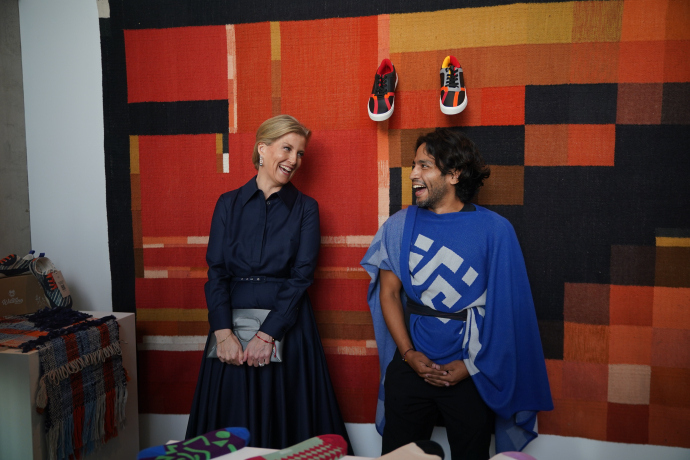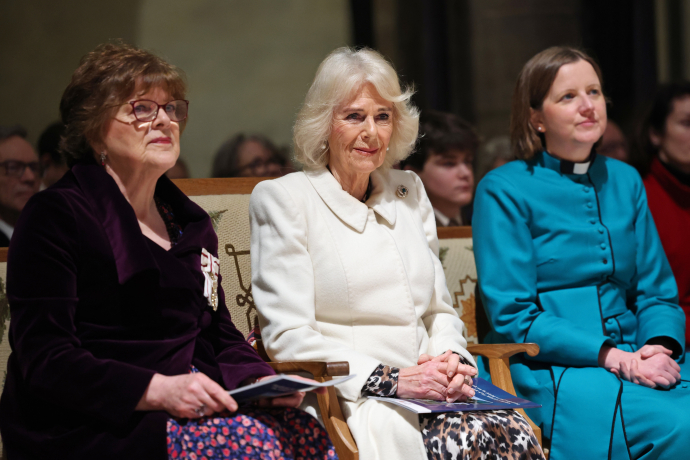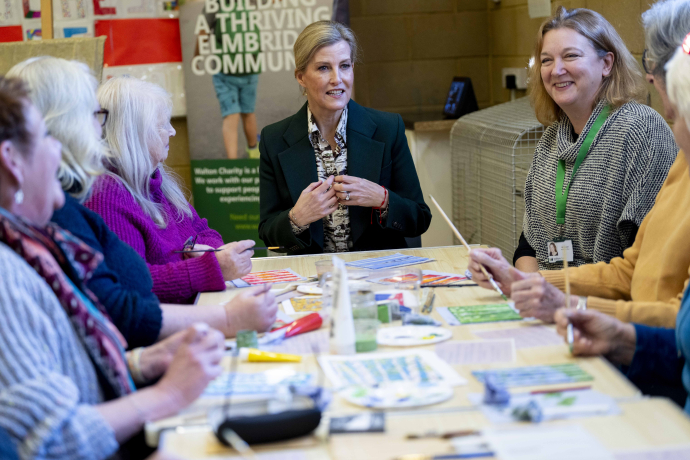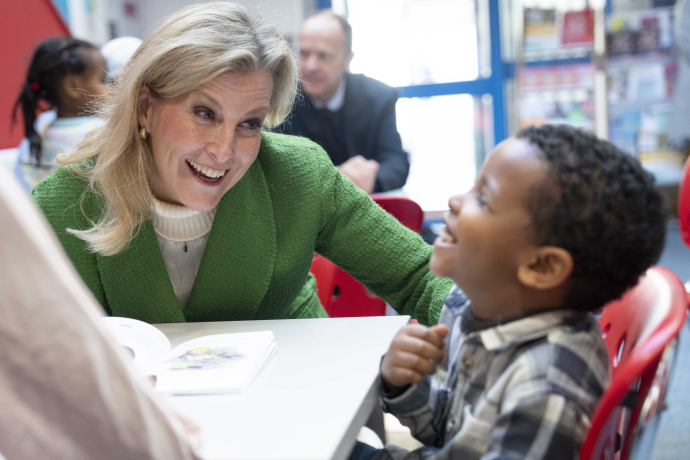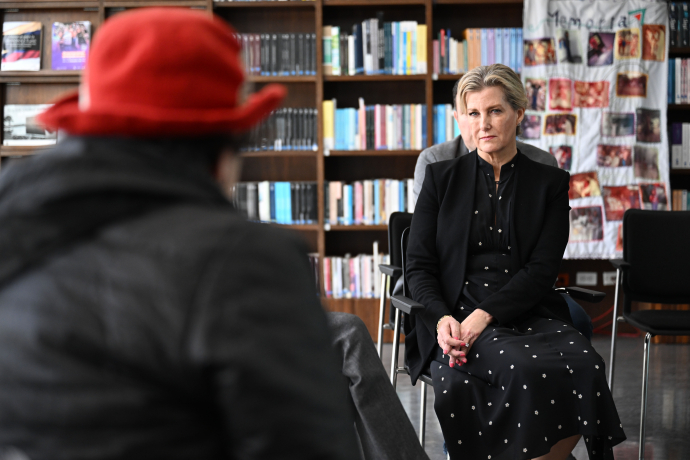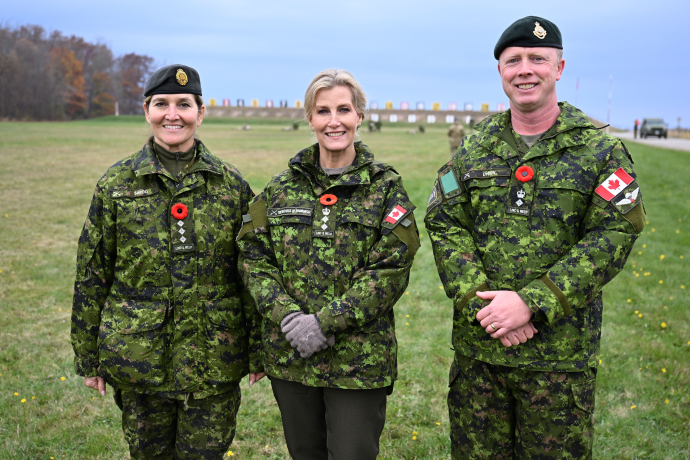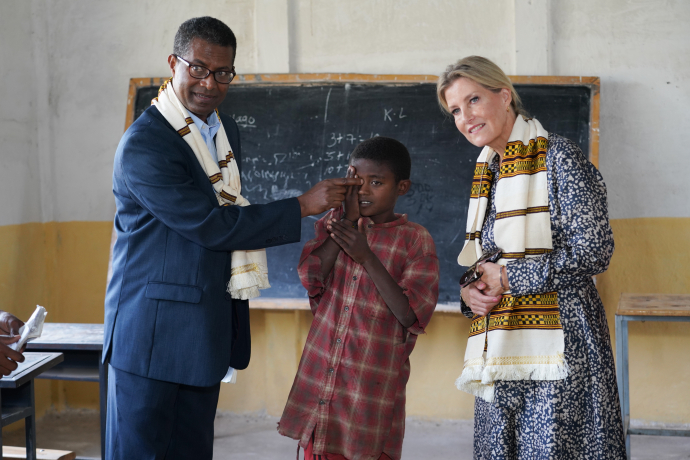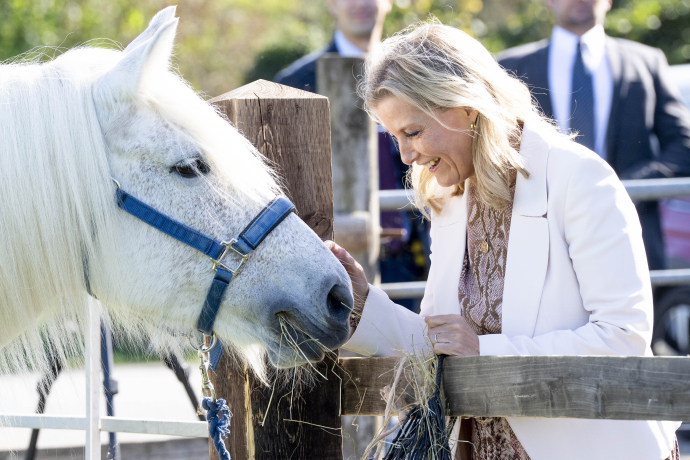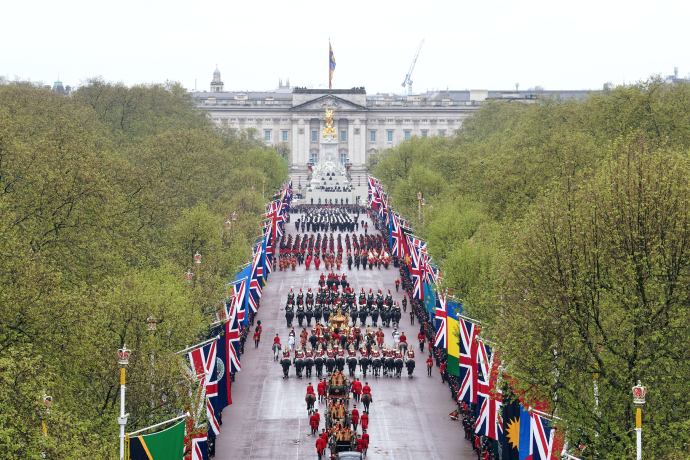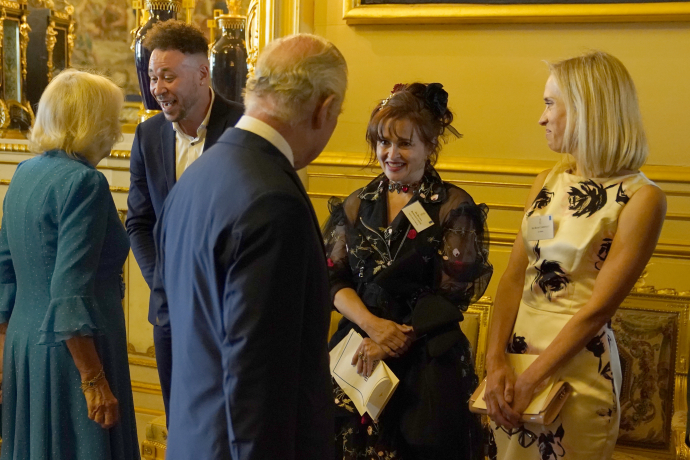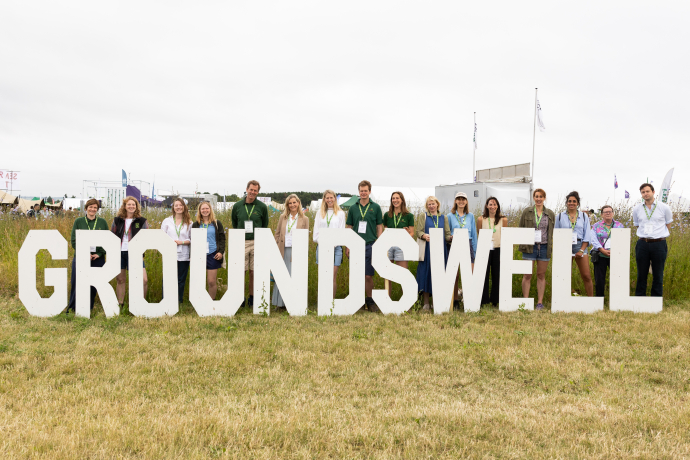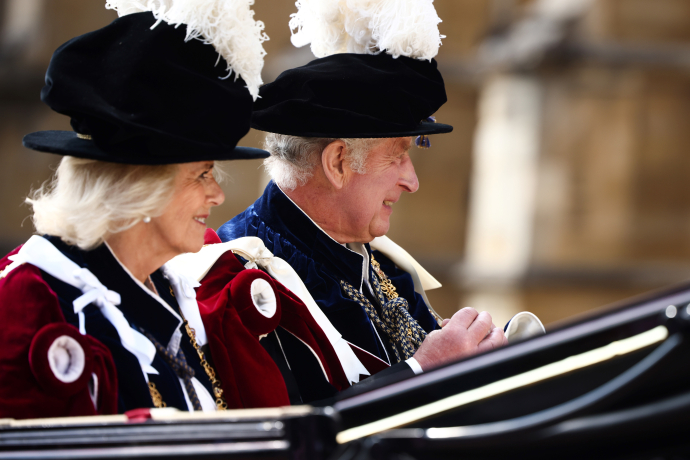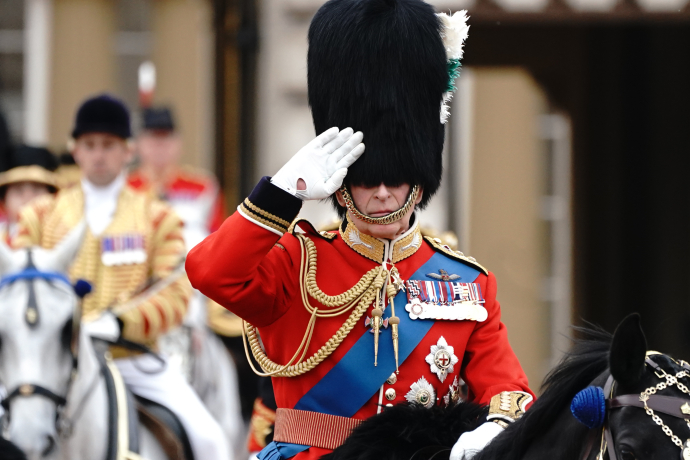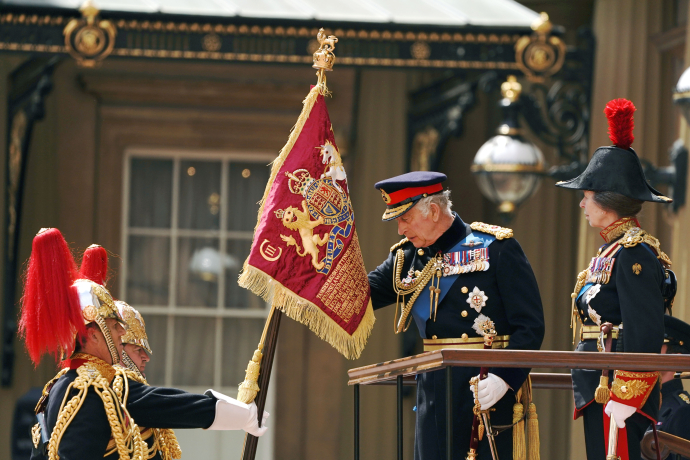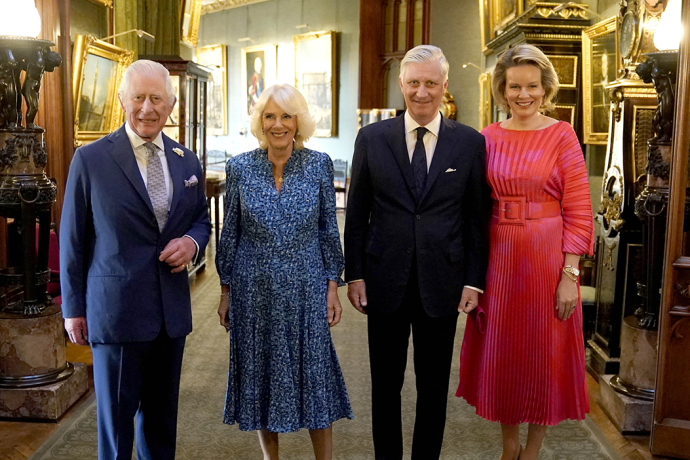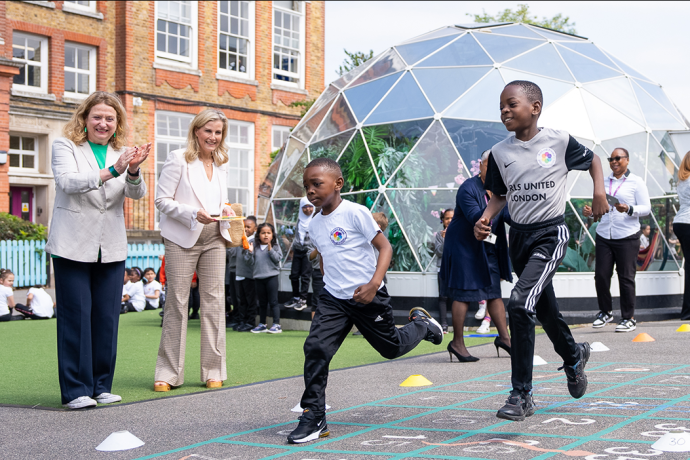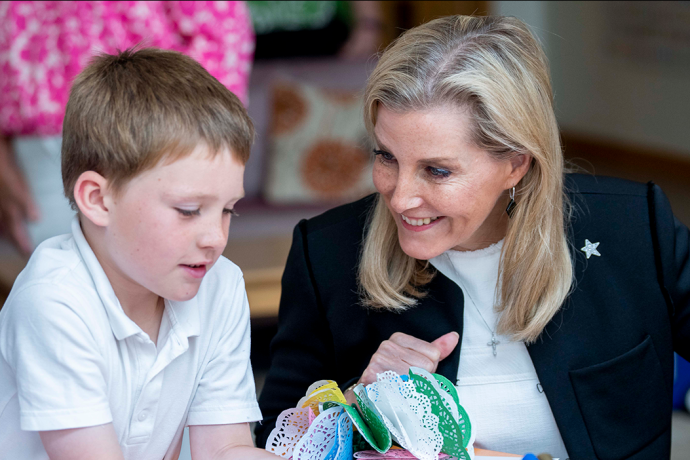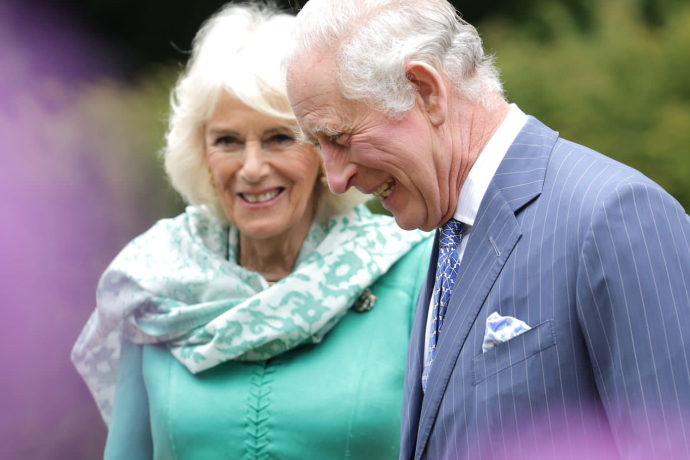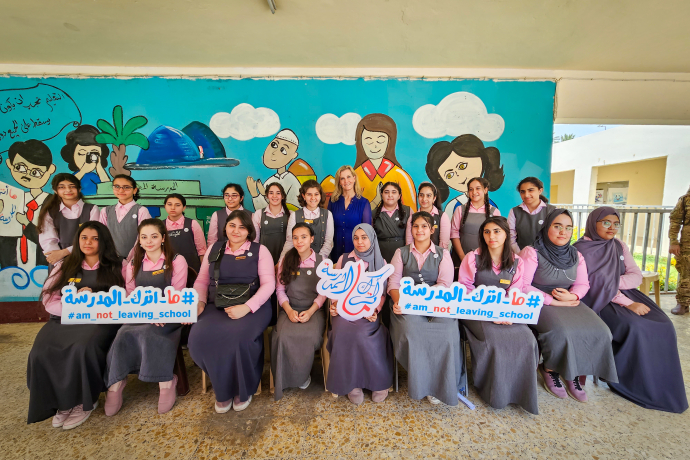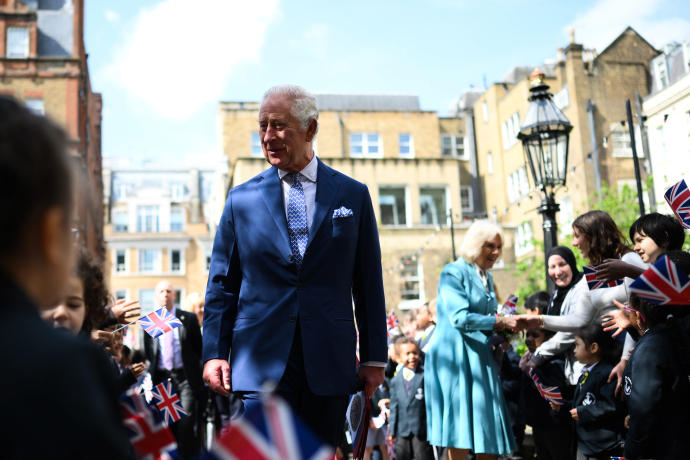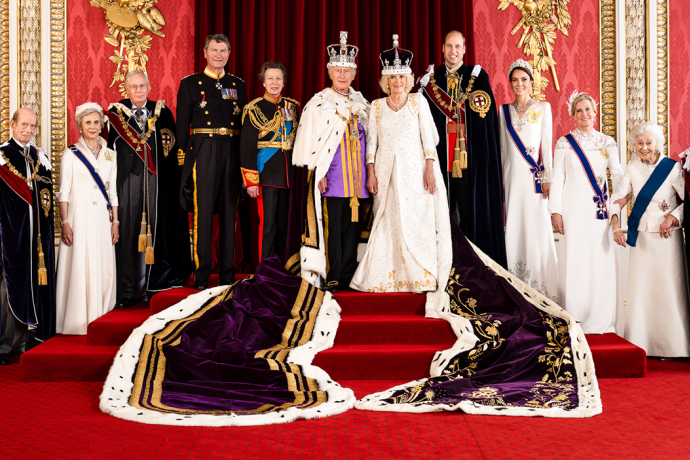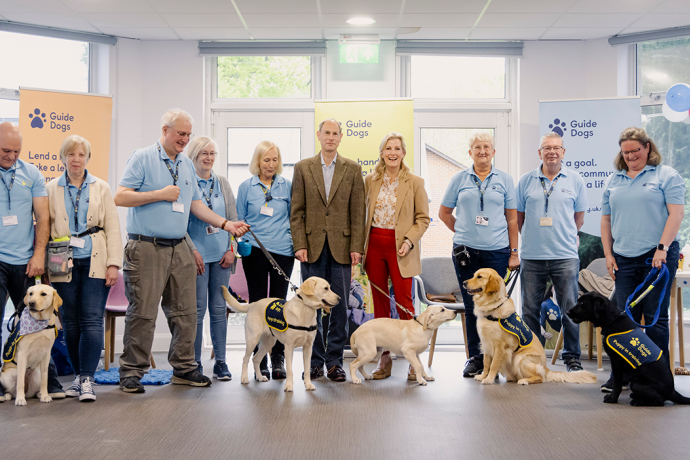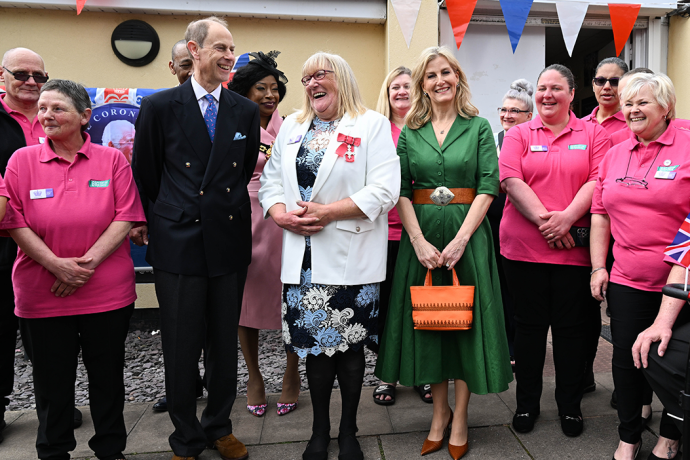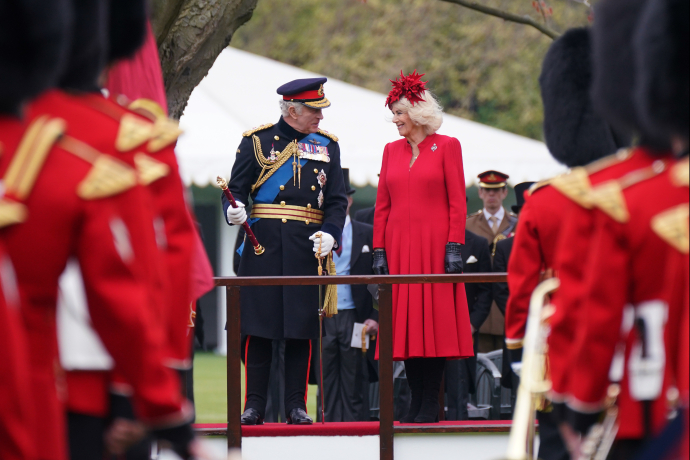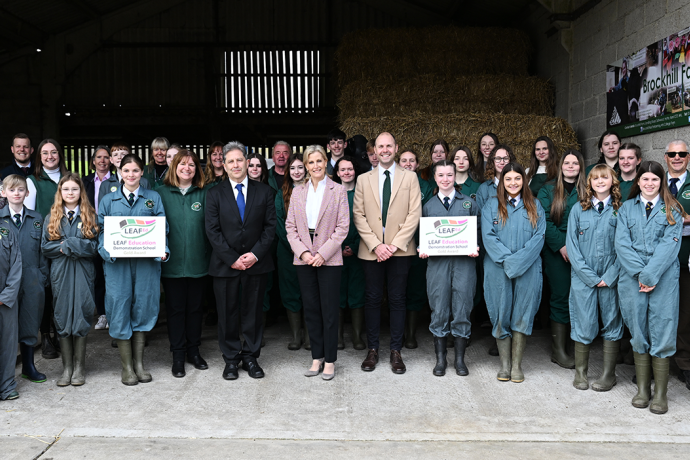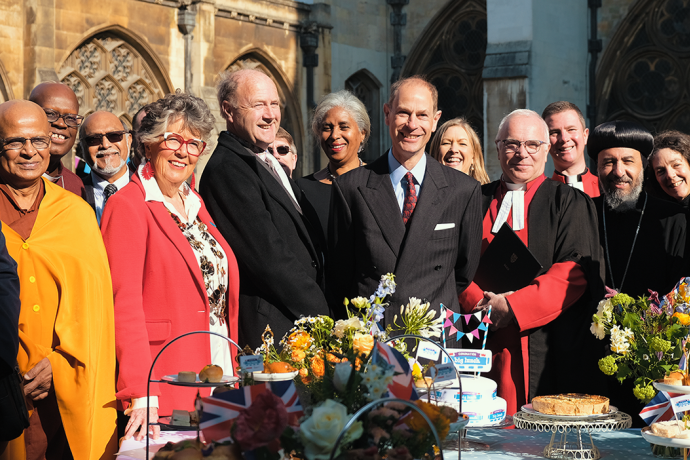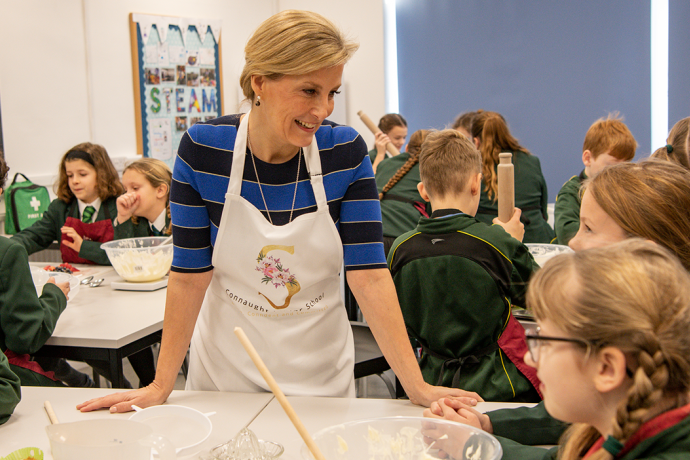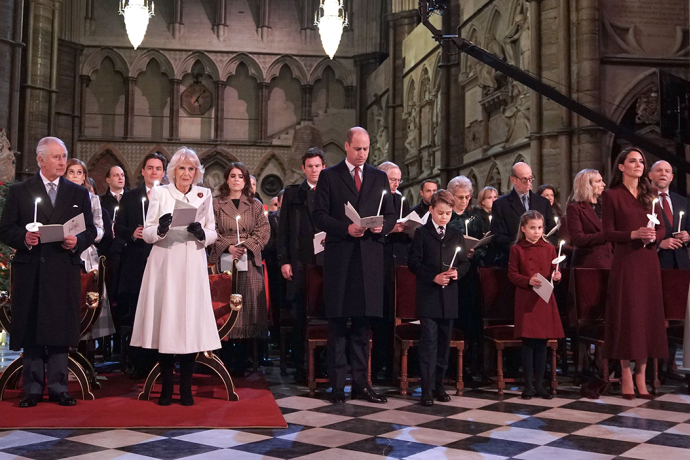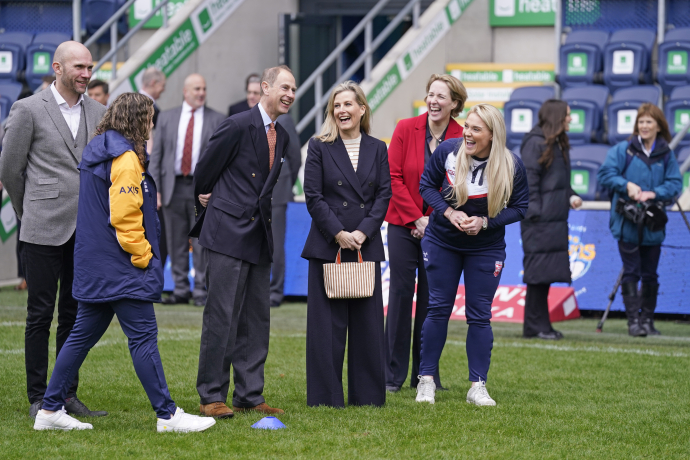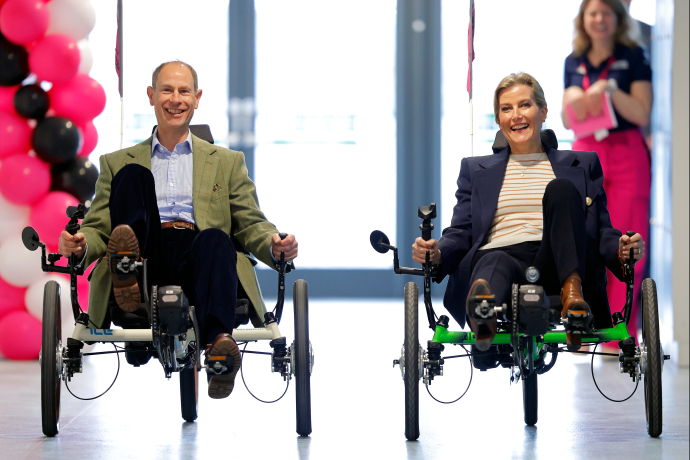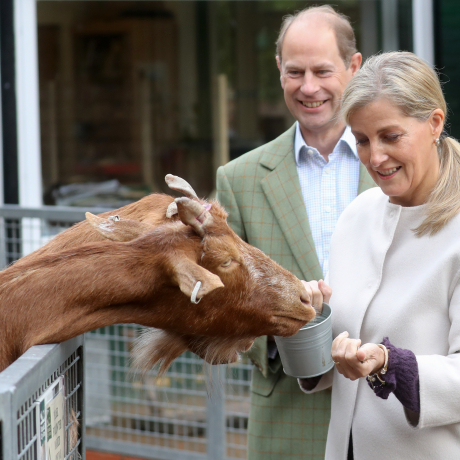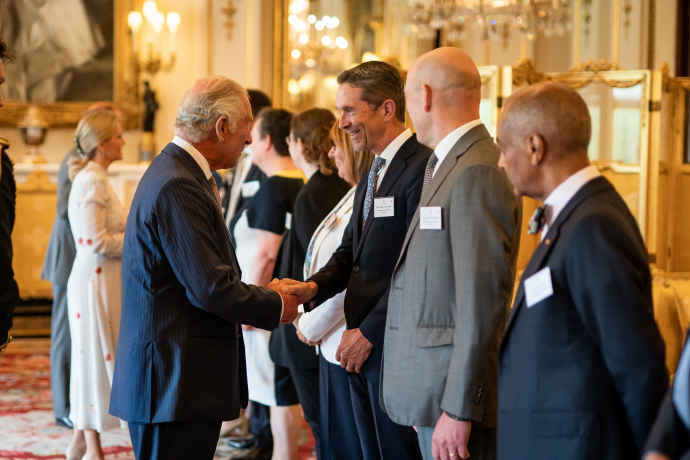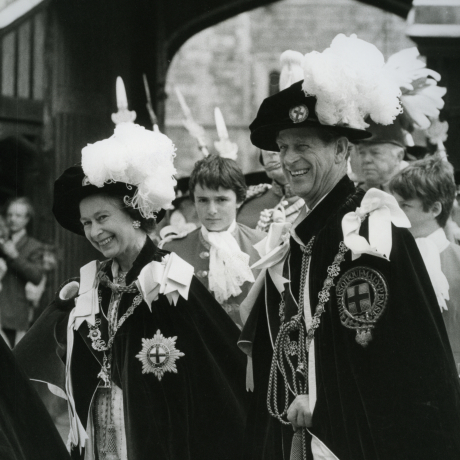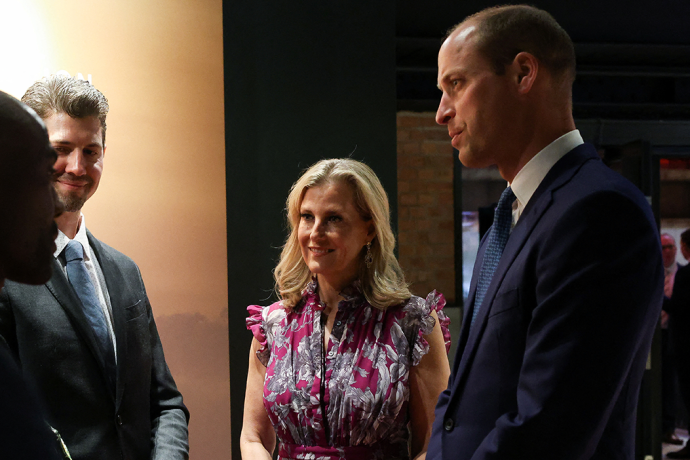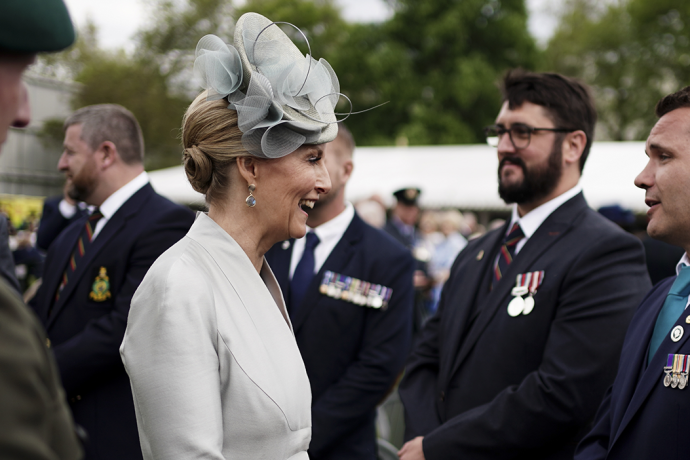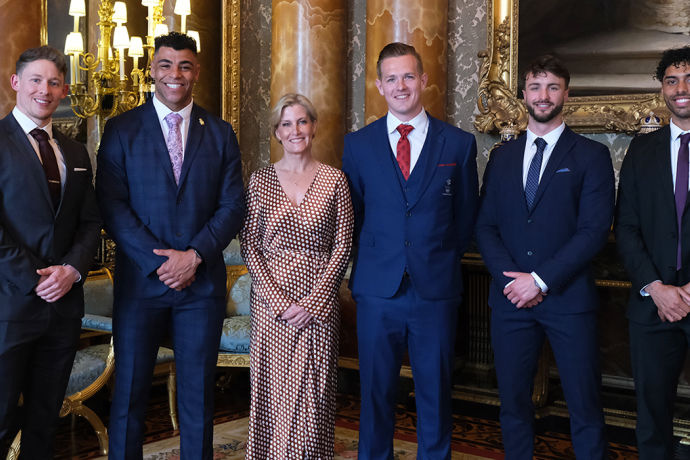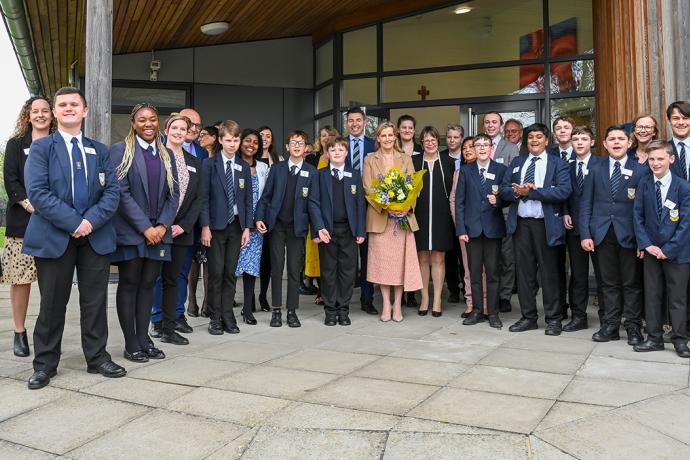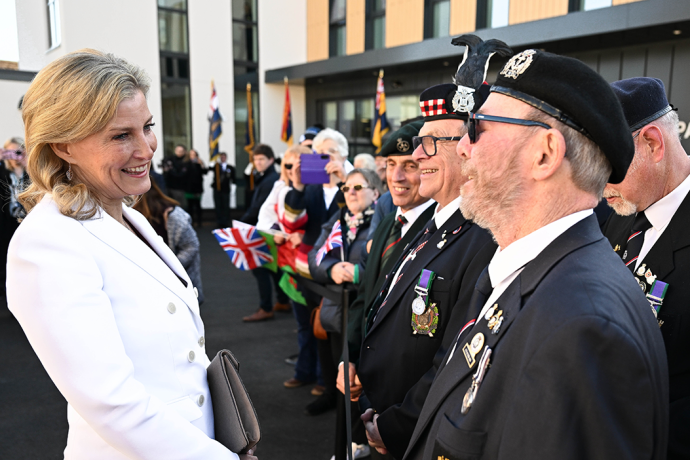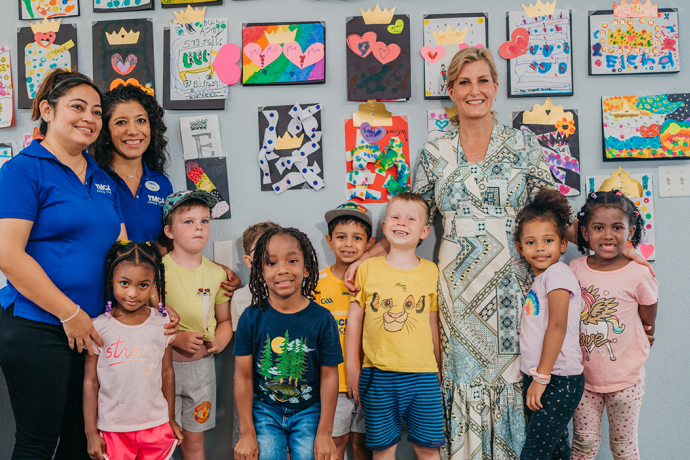The Countess of Wessex’s speech at an event to celebrate International Women’s Day in Juba, South Sudan
Published
May I thank the people of South Sudan for the warmth of your welcome and I wish you well as you move away from the darkness of conflict towards the light of opportunity
Thank you for having me here today and can I say how truly delighted I am to be with you to celebrate International Women’s Day 2020 in South Sudan.
For more than a year, I have been working with the British Government to champion women peacebuilders and the vital role they have to play in building peace in nations around the world. I also hope to draw attention to the issue of rape as a weapon of war and other forms of gender-based violence, while calling for an end to the stigma survivors face, and advocating for their justice.
Over the last year, I have had the opportunity to travel to some of our priority countries and I have been fortunate to meet many inspirational women.
Some of those women are right here in South Sudan and they have been instrumental in helping to bring about and negotiate the recent peace process. Today the country is poised on the brink of a future full of promise which also represents a real opportunity for women to play a full role in building a peaceful and stable future for all of South Sudan.
What I have seen is that the women of this country are strong, brave and resilient and I have been honoured to have spent some time with some fabulous women activists, including the first female Vice President of South Sudan, Mama Rebecca. Women like Mama Rebecca are fantastic role models for you to follow. They have the interests of the people in their hearts. They are fighting not only for a better future for the country but for an equal future for all.
But it is not just the women in leadership who have inspired me. During my visit to Malakal on Tuesday I met women and girls who have suffered terribly as a result of the conflict. Their stories will be familiar to all of you. They have lost family members, they have been displaced for six years and they have experienced gender-based violence. I cannot imagine the hardship and trauma they are suffering and yet they remain positive and are trying to make the best of the very few opportunities they have for their families and their children, no matter how hopeless the situation must seem to them.
And what about the men, because they too have a pivotal role to play. Again in Malakal, I met young men who are part of the International Medical Corps EMAP programme, which is educating them about gender equality and women’s rights; changing attitudes and behaviours. Those men told me about how they are now doing more to share responsibilities with their wives, encouraging their wives to return to school, and role modelling to their children and their community the benefits of living a more equal life. Men like these are an important part of South Sudan’s future and I commend this programme as a living example of how change is possible.
We must also look to future generations to truly begin to make lasting change on gender equality and I believe education lies at the heart of this. It lays the foundations for a more prosperous future for us all. Unfortunately the vast majority of South Sudanese girls and boys have missed out on an education because of the conflict. But now is the time to invest in a quality education for all young people that will equip the next generation with the skills and knowledge for a strong, successful country.
At a school here in Juba yesterday I heard from inspiring young women who, through the UK’s support which enables them to attend school, now have aspirations to be leaders – politicians, gender activists. But to ensure every girl – and boy – gets a quality education, there needs to be a far bigger investment, both politically and financially. So I encourage all those here today and those in government to do all they can to make education a priority as a matter of urgency.
The women and girls that I have met this week fill me with confidence that South Sudan has the right women to work alongside their male counterparts to bring about a lasting peace for everyone and a more equal country. So my message to the men is to encourage you all to listen to your women folk and to support them to take their place at your side. This is not a take-over, this is not a competition, this is about peace, it is about unity, it is about what is fair and right for the benefit of all. At the end of the day we are better together.
It is very apt that I am here at this event which is helping women realise their leadership potential. Your country needs many more women to step up and help to shape and steer it towards the bright future which is within the nation’s grasp. And who knows, perhaps amongst us here today exists the first female President of South Sudan.
May I thank the people of South Sudan for the warmth of your welcome and I wish you well as you move away from the darkness of conflict towards the light of opportunity. I wish you all a Happy International Women’s Day! Women Oh Yei! Mara Oh Yei!
Related content
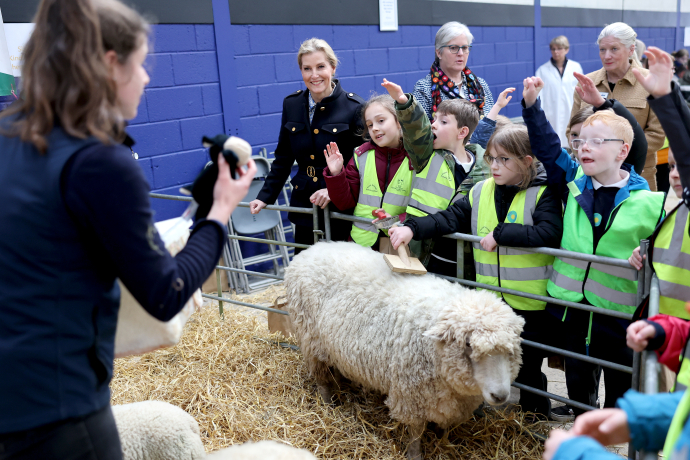
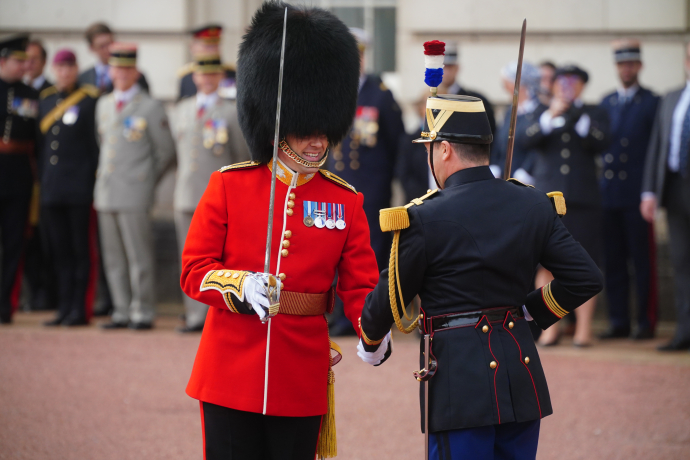
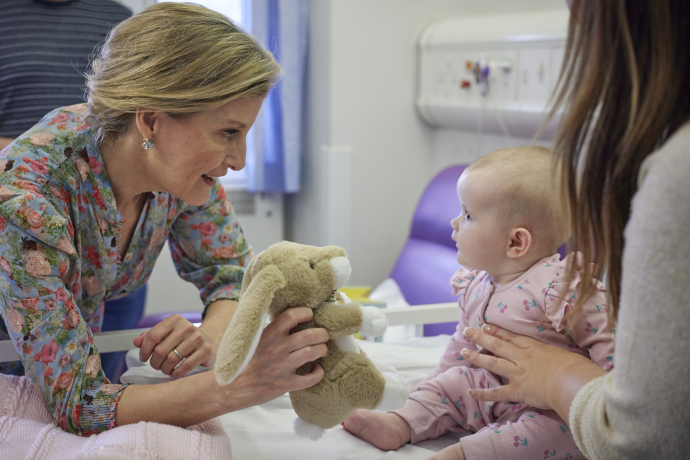
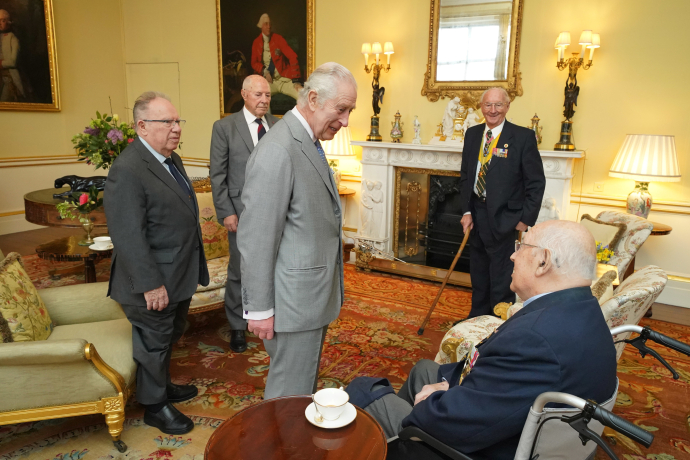
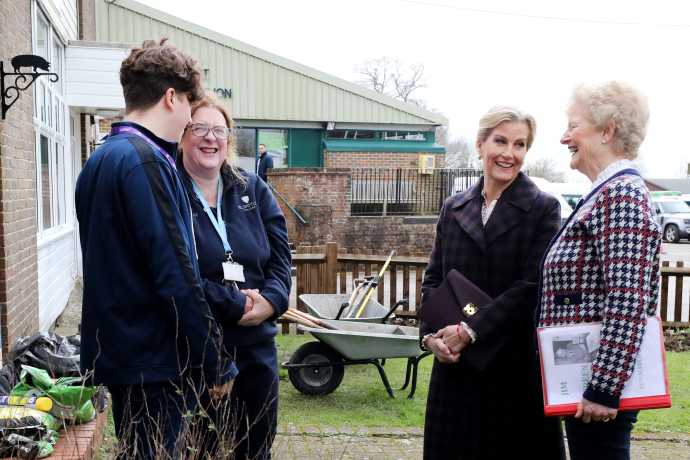
A speech by The Duchess of Edinburgh at the Community Sport and Recreation Awards, at Headingley Stadium, Leeds, ahead of The Duke of Edinburgh’s 60th birthday.
He is the best of fathers, the most loving of husbands and still is my best friend.
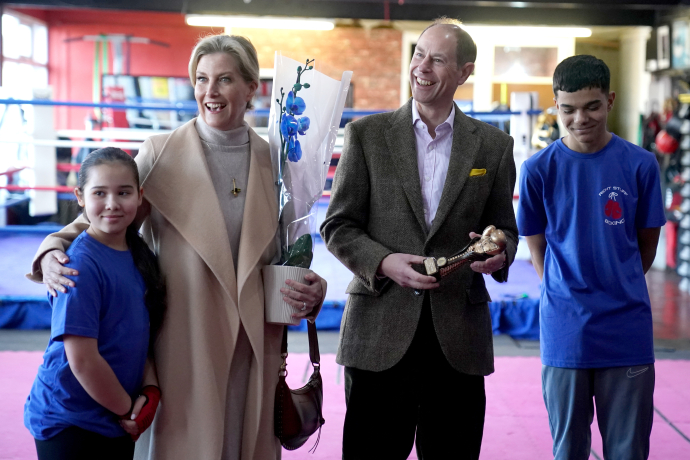
A speech by The Duchess of Edinburgh, via video message, at the Restoration of the Conflict-Related Sexual Violence Survivors’ Rights Conference, Ukraine
We must stand shoulder to shoulder with all survivors to secure justice and holistic redress, and ensure that this crime isn’t an accepted part of conflict.
